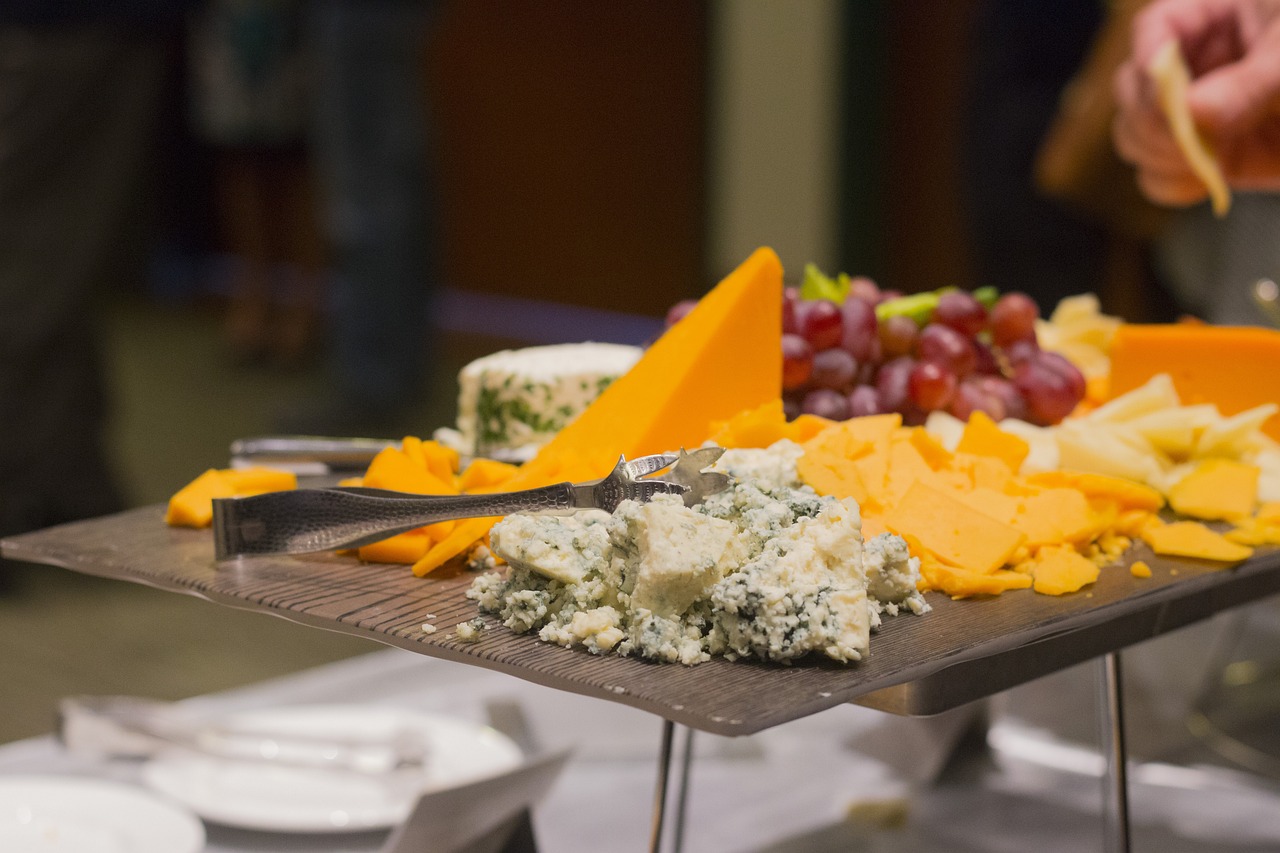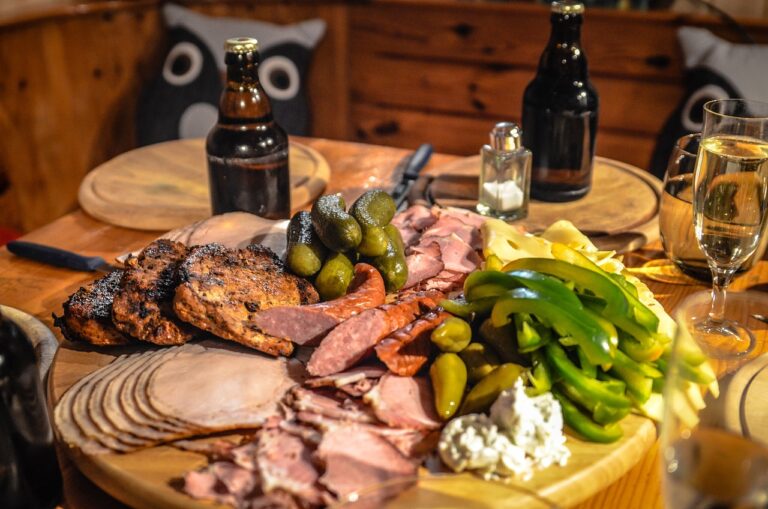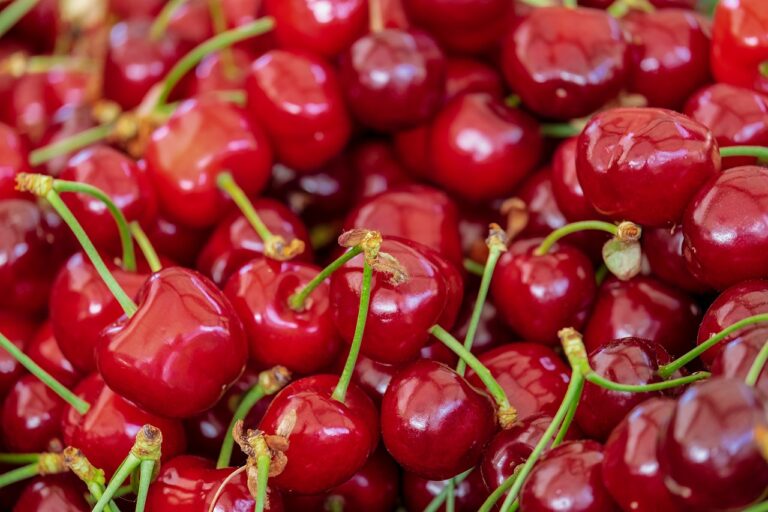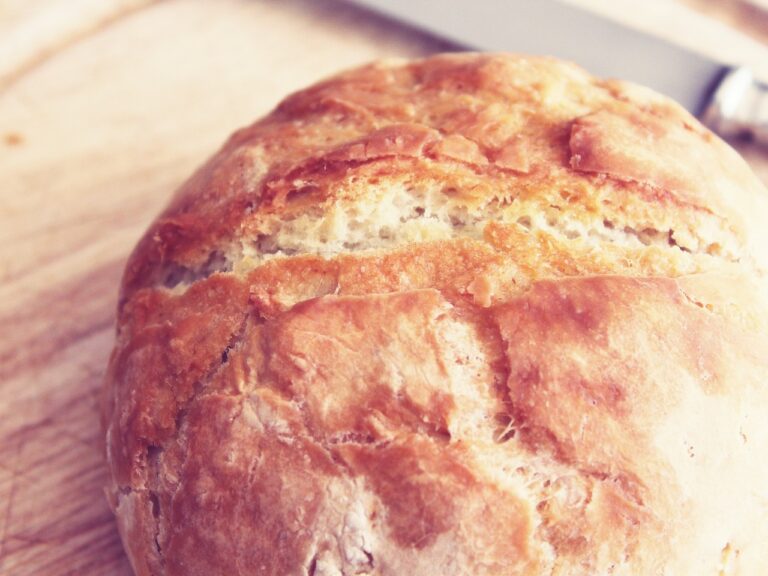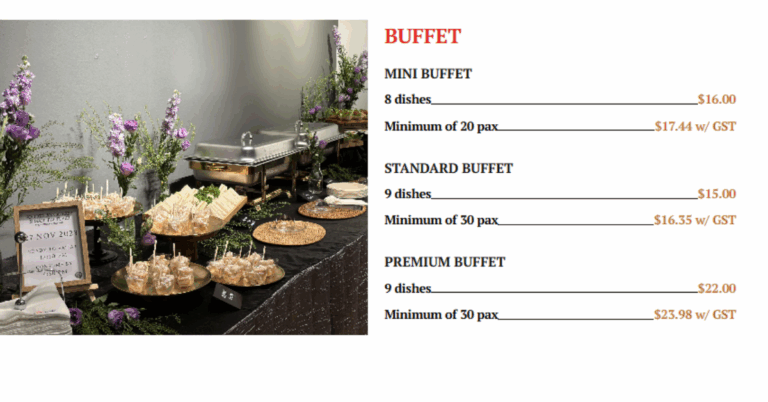The Role of Volatile Compounds in Flavor Development
11xplay id, laser247.com login, world777 sign up: Flavor development in food products is a complex process that involves various factors working together to create a unique sensory experience. One crucial element in this process is the role of volatile compounds. These compounds are responsible for the aroma and taste of food, playing a significant role in determining the overall flavor profile.
Volatile compounds are organic molecules that have a high vapor pressure at normal room temperature. This means that they easily evaporate into the air, making them detectable by our sense of smell. These compounds are found naturally in many food ingredients, such as fruits, vegetables, herbs, and spices, and are also generated during cooking processes like roasting, grilling, and fermentation.
The impact of volatile compounds on flavor development is profound. They contribute to the overall aroma of a food product, influencing our perception of taste. In fact, research has shown that up to 80-90% of our taste experiences actually come from our sense of smell. This means that without volatile compounds, food would taste bland and uninteresting.
One of the key ways in which volatile compounds influence flavor development is through the concept of flavor volatilization. This process involves the release of volatile compounds from food into the air, where they can then be detected by our sense of smell. When we eat, chew, or swallow food, volatile compounds are released from the food matrix and interact with receptors in our nasal cavity, sending signals to our brain that help us perceive flavor.
Another important aspect of volatile compounds in flavor development is their ability to interact with other food components. For example, volatile compounds can bind to other molecules in food, leading to the formation of new flavor compounds through chemical reactions. This can create complex and unique flavor profiles that are characteristic of specific food products.
Moreover, volatile compounds can also interact with each other to produce synergistic or antagonistic effects on flavor perception. Some volatile compounds may enhance the aroma and taste of food when combined, while others may cancel out each other’s effects or produce off-flavors. Understanding these interactions is crucial for food scientists and chefs to create well-balanced and appealing flavor profiles in their products.
In conclusion, volatile compounds play a vital role in flavor development by contributing to the aroma and taste of food products. Their ability to volatilize, interact with other food components, and create unique flavor profiles makes them essential for creating enjoyable eating experiences. By harnessing the power of volatile compounds, food manufacturers and chefs can elevate the sensory appeal of their products and delight consumers with delicious flavors.
FAQs:
1. What are some common volatile compounds found in food?
Some common volatile compounds found in food include aldehydes, ketones, esters, terpenes, and sulfur compounds.
2. How can volatile compounds be preserved in food products?
Volatile compounds can be preserved in food products by careful handling and storage, using techniques like freeze-drying, vacuum packaging, and controlled atmosphere storage.
3. Can volatile compounds be artificially synthesized?
Some volatile compounds can be artificially synthesized in a lab, but natural sources are often preferred for creating authentic and high-quality flavors in food products.
4. Do volatile compounds affect the nutritional value of food?
Volatile compounds do not significantly impact the nutritional value of food, as they are primarily responsible for aroma and taste rather than essential nutrients.

